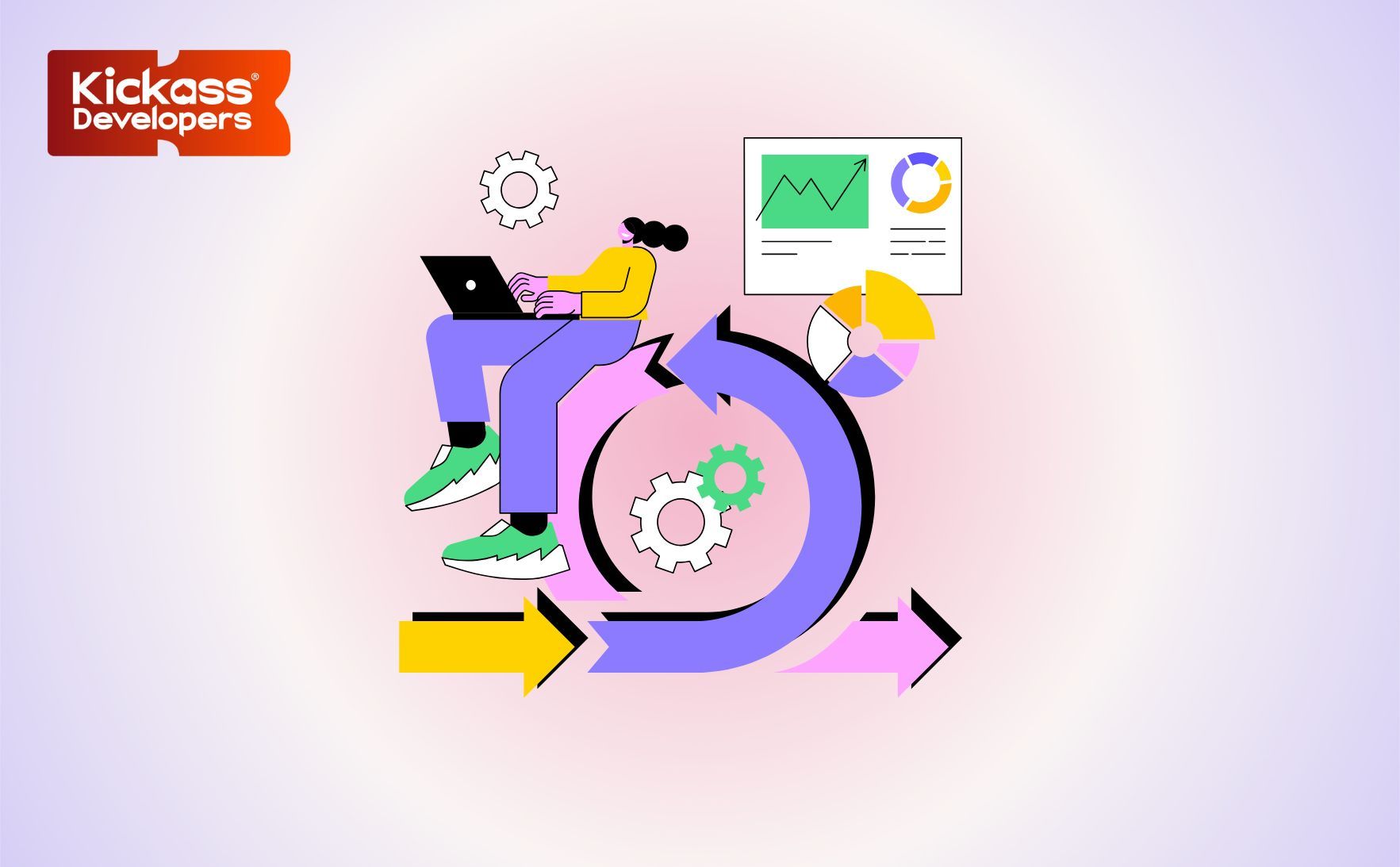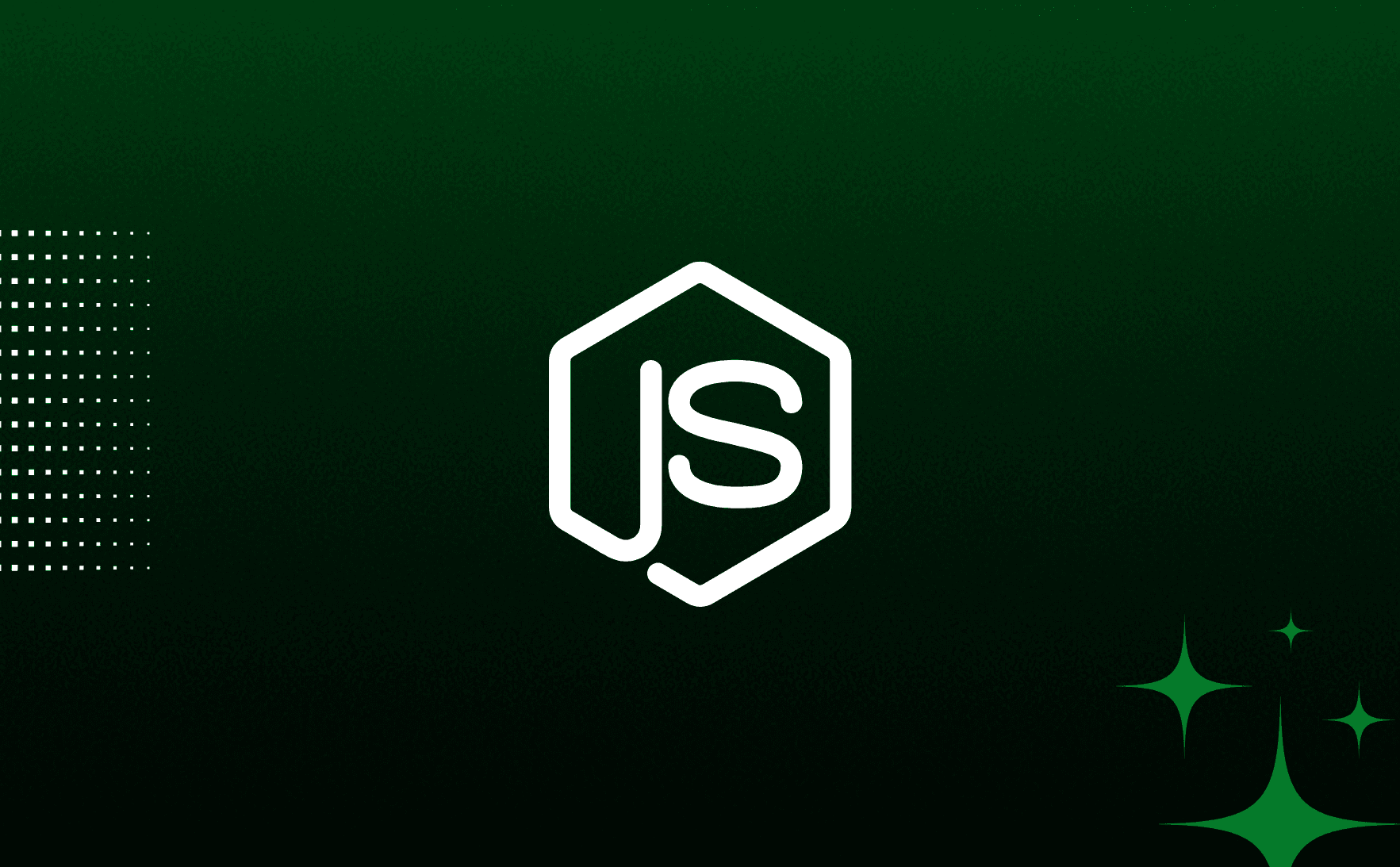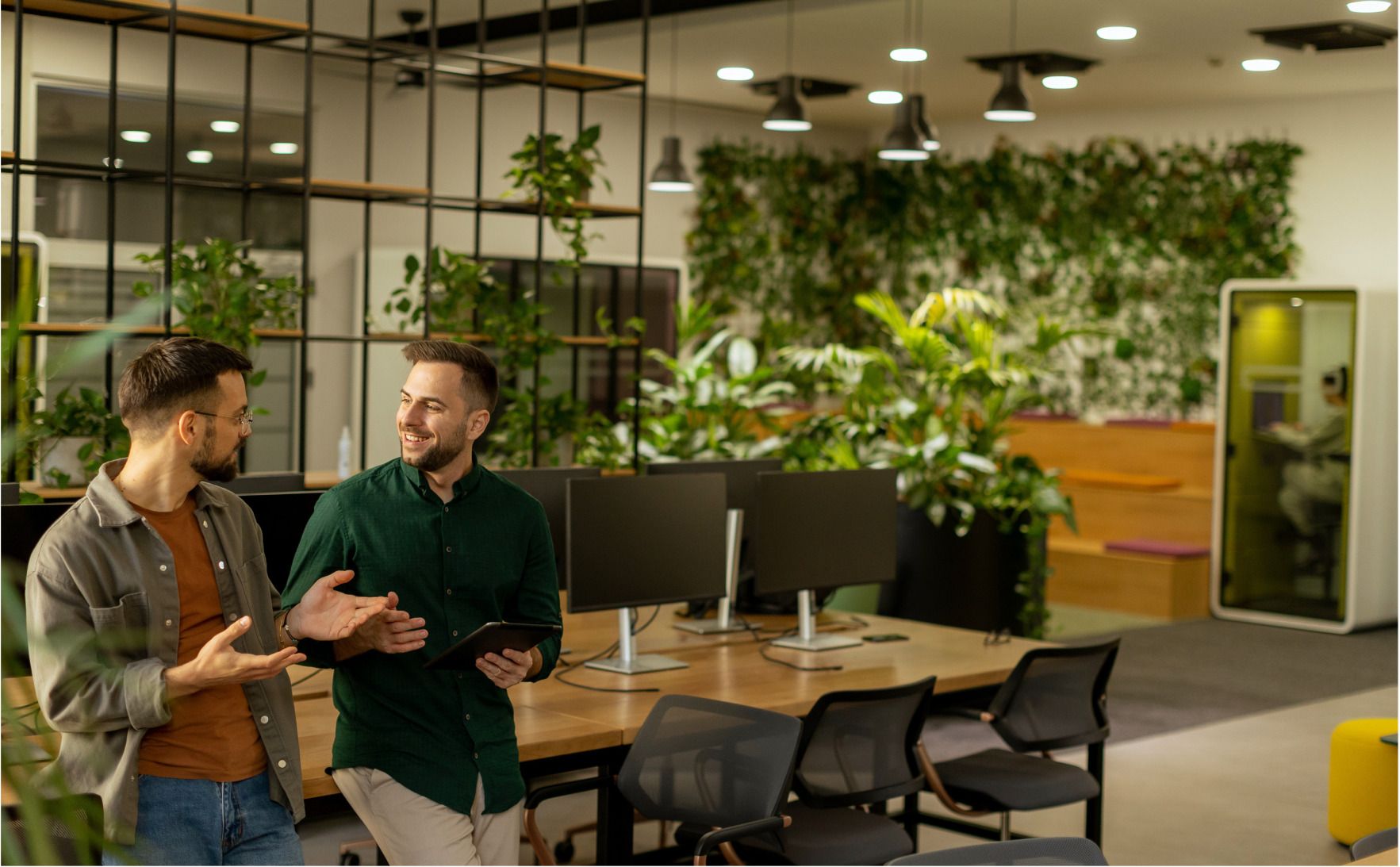They Said Green Buildings Were Expensive—Until This Technology Proved Them Wrong
For years, sustainable construction was seen as a luxury. A nice-to-have. Something developers only did to win awards or tick boxes. “Green buildings don’t make money,” they said. “Eco-friendly means less profitable.” But then something changed. A new technology stepped in—one that didn’t just talk about building smarter, but showed how to do it. That technology is called the Digital Twin. And it’s turning construction sites into data-rich ecosystems, helping developers build greener buildings that actually save money—before the first brick is even laid.
What Is a Digital Twin? (And Why It’s the Smartest Tool You’re Not Using)
Imagine having a living, breathing, virtual version of your building. One that thinks, learns, and updates in real time. That’s a digital twin—a 3D digital replica of your property, constantly fed data from sensors, systems, and software. It’s not just a fancy 3D model. It’s a tool that helps you test, monitor, and optimize your building—before, during, and after construction. In plain terms: it’s like having x-ray vision and a crystal ball for your project. And yes, it’s changing everything.

Before the First Shovel Hits the Ground, You Already Know What Works
Let’s say you’re building a 40-story tower. Normally, you’d rely on blueprints and hope your energy models were accurate. But with a digital twin?
You test it all before breaking ground:
- Where the sun hits hardest (and how to shade it.
- How the HVAC will perform in July heat
- Which materials lower your carbon footprint
You can simulate years of energy use, stress-test your systems, and pinpoint waste—all before you pour the concrete. That’s not theory. That’s control. That’s profit. That’s sustainability you can measure.
No More Guesswork, No More Regret
Developers lose millions every year to bad design decisions. Wrong window placement. Overbuilt HVAC. Wasteful layouts. With a digital twin, those mistakes don’t make it past the model. You don’t “hope it works.” You know it will. And that’s what makes it a game-changer for sustainability. You’re not just using eco-friendly materials—you’re building a system where every part is optimized to reduce waste and save energy.
During Construction: Like Having a Second Brain on Site
Let’s talk about the build. Materials are arriving. Crews are moving. Changes are flying. A digital twin keeps everything in check:
- Tracks material use and waste
- Monitors on-site energy consumption
- Flags inefficiencies before they snowball
It’s not just smart—it’s smart that pays off.
You avoid overordering. You cut fuel use. You reduce the carbon cost of the build itself. This is sustainability that works while the project is still rising.
After Move-In: The Building That Never Stops Learning
Here’s where digital twins really shine.
Once the tenants move in, the building keeps thinking. It monitors:
- Electricity and water usage
- Air quality and temperature zones
- Equipment wear and maintenance needs
It doesn’t just report problems. It predicts them. And that means fewer breakdowns, lower bills, and happier tenants. It also means your building stays efficient—not just when it opens, but for decades. That’s long-term sustainability. That’s future-ready real estate.
You Thought “Green” Was Just About Solar Panels? Think Again.
Most people think sustainability means adding some plants to the lobby and calling it a day. But real sustainability is invisible. It’s the air quality in every office. It’s the light sensors that dim when the sun shines. It’s the water systems that don’t waste a drop. A digital twin helps you build this kind of sustainability into the bones of your building. No gimmicks. No fluff. Just performance.
Is This Technology Expensive?
Let’s address the elephant in the room. Yes, setting up a digital twin takes investment. But let’s ask a better question:
Is waste cheap?
Because that’s what you’re paying for when you don’t use tech:
- Wasted energy
- Wasted materials
- Wasted time
A digital twin pays for itself by helping you avoid those losses. In fact, many developers say it’s the best ROI in their toolkit.
It doesn’t cost. It pays.
Who’s Already Using It?
From smart cities to mid-rise housing projects, digital twins are already proving their worth. Developers using them are reporting:
- Up to 30% lower energy use
- Faster project timelines
- Easier LEED and green certification
- Higher resale and rental value
And here’s the kicker: buildings with digital twin support age better. They’re easier to maintain. Easier to upgrade. Easier to love.
What’s the Catch?
There’s only one real challenge: getting started. You’ll need the right tech partner. You’ll need to integrate data systems. You’ll need a mindset shift—from “how we’ve always done it” to “how we can do it better. ”But once you see the results? You’ll never want to build blind again.
Final Thought: The Future of Building Is Smarter—and Greener
The industry has changed. It’s no longer enough to say “we recycle on-site” or “we used some bamboo flooring.” If your building can’t prove its performance with data, it’s already behind.
The good news? Digital twins give you the tools to prove it—and improve it—every single day. This is more than a trend. It’s the next evolution of real estate. So the next time someone says sustainable buildings are too expensive…
Show them your digital twin. And watch their excuses disappear.
Let's Build Digital Excellence Together
Read more Guides

Agile Manifesto Misreads: Realigning with the Four Core Values
The Agile Manifesto remains the touchstone of modern product delivery, but only when teams actively translate its spirit into daily behaviours. By recognising and correcting these four misreads you reclaim the true intent of agility

Comprehensive Guide to Choosing a Node.js Development Company
Choosing the right Node.js development company can make or break the success of your software project. Node.js has become a go-to technology for building scalable web apps, real-time systems, and robust APIs. But with countless vendors and Node.js development services available, how do you identify the ideal partner for your startup or enterprise needs?

They Said Green Buildings Were Expensive—Until This Technology Proved Them Wrong
Discover how digital twins are transforming sustainable construction by helping real estate developers design, build, and operate greener buildings with higher ROI.

